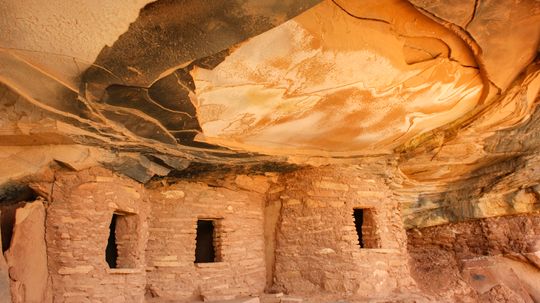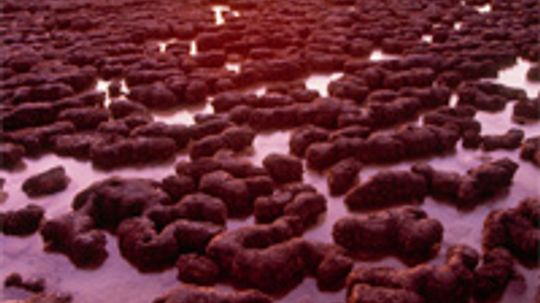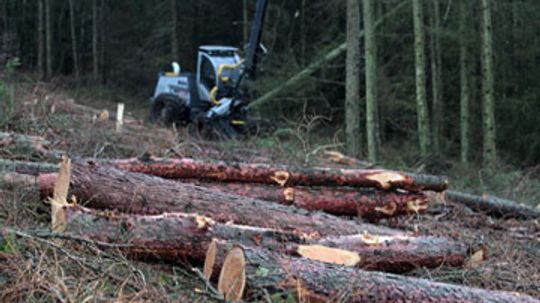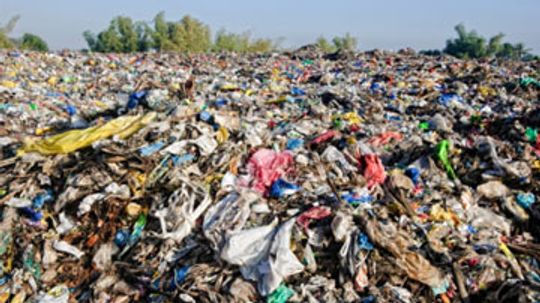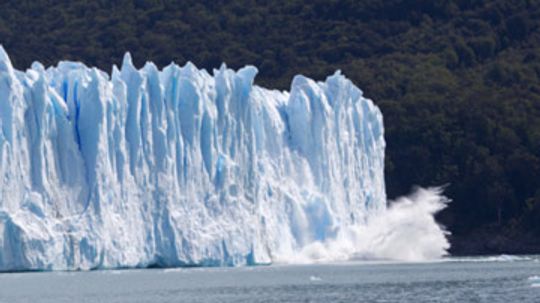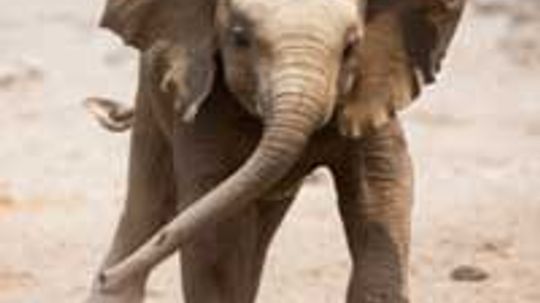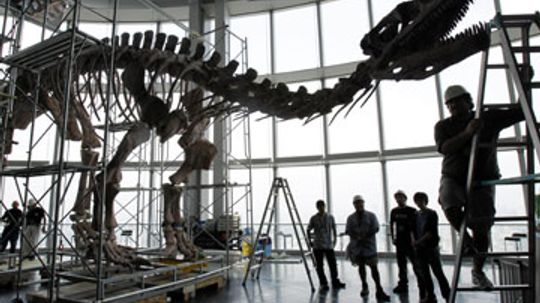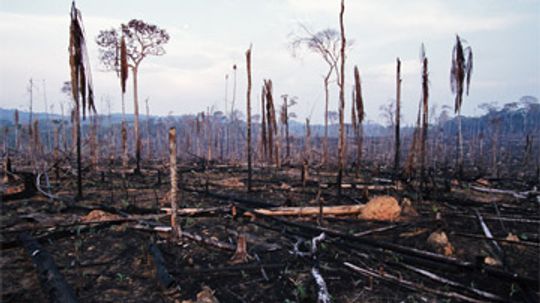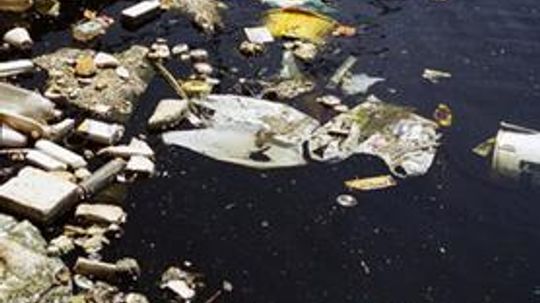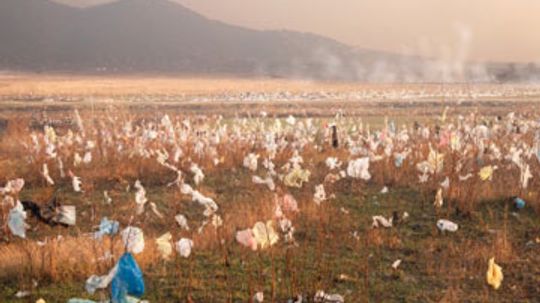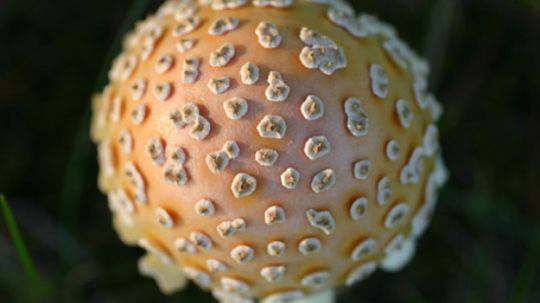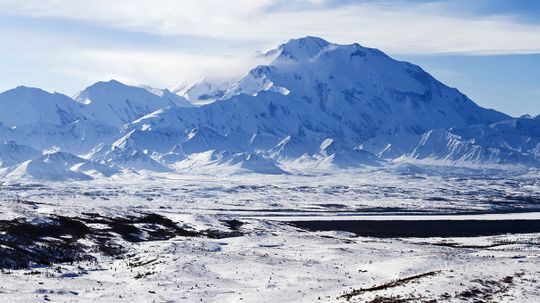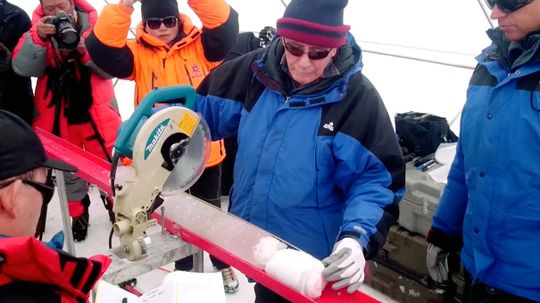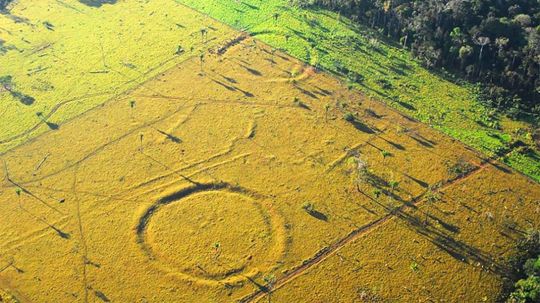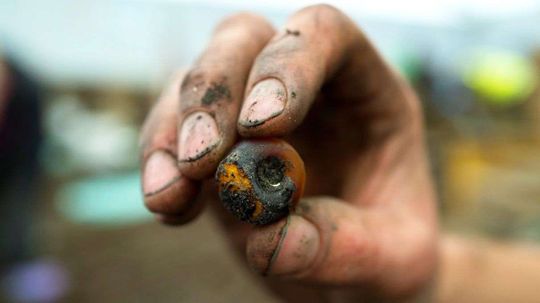Environmental Science
The environment is truly a thing of beauty and should be protected whenever possible. What can we do to save the environment, and what new technology is available to help us?

The Fish Doorbell Isn't a Joke ... Seriously
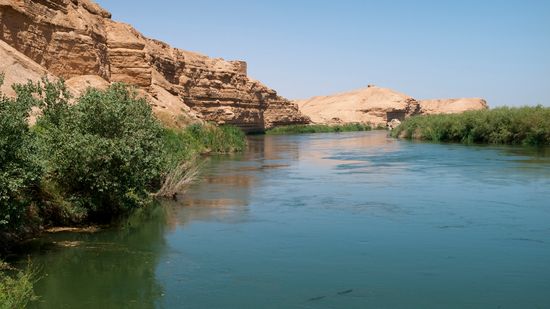
The Euphrates River, at the 'Cradle of Civilization,' Is Drying Up
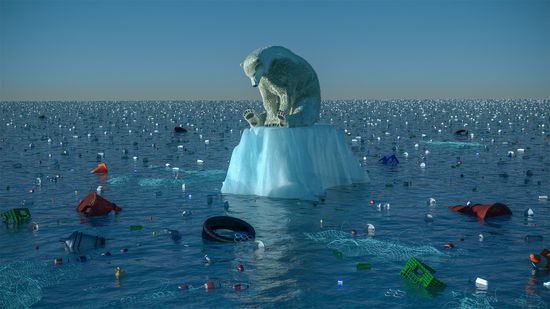
Study Says 2035 Is Climate Change Point of No Return
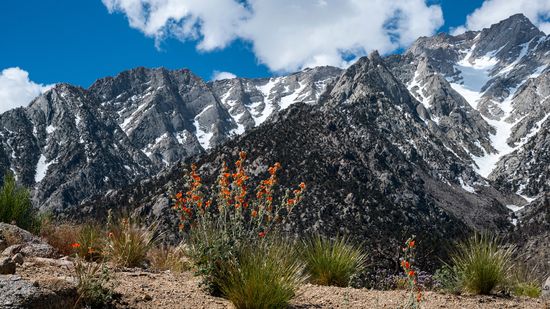
What State Has the Most Mountains in the U.S.? 8 Peak Records
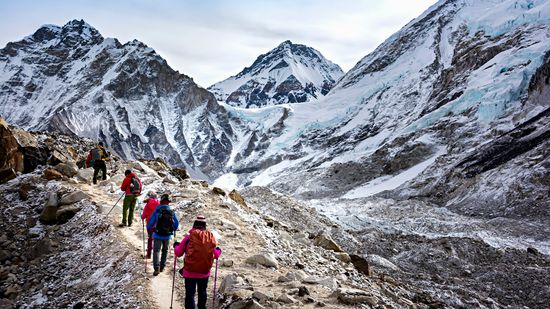
The Most Dangerous Mountain to Climb (and 14 Giving Steep Competition)

15 Types of Gemstones to Add a Little Sparkle to Your Life
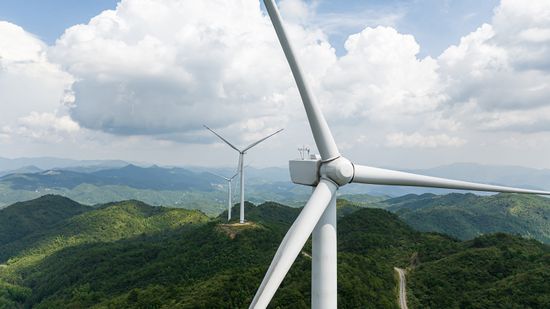
How Many Birds Are Killed by Wind Turbines, Really?

How a Lithium Mine Works and Impacts Local Communities
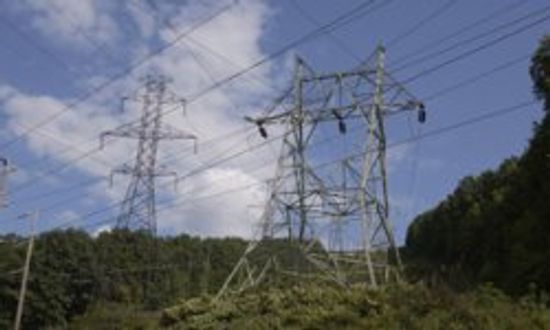
How to Sell Electricity Back to the Grid

The Worst Air Quality in the World Is in Mountainous Terrain

The World Hits 8 Billion People; Is That Good or Bad?

Quiz: Can You Tell Climate Change Fact From Fiction?

6 Most Futuristic Cities Powered by Renewable Energy
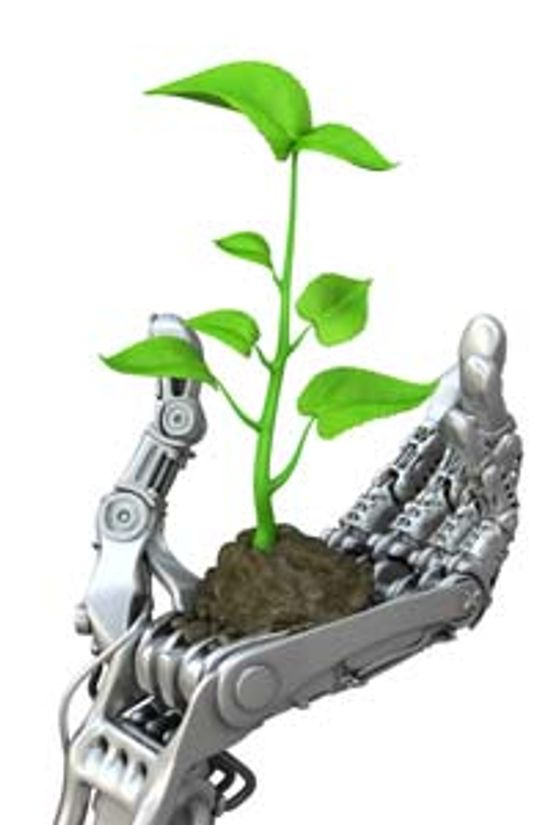
Top 5 Green Robots

5 Things to Consider When Building a Solar-powered Home
Learn More / Page 17
Anthropologists specialize in, well, us. But studying humankind doesn't mean you have to hole up in a library or laboratory. Take a peek at this article to learn more about the dynamic, enriching field of anthropology.
When it comes to fossils, specimens like Sue the Tyrannosaurus rex grab much of the attention. And while Sue is a staggering 67 million years old, she's a new kid on the block, compared to some of the oldest fossils ever found. What's older than Sue?
Archaeologists dig up and study the material remains of human civilizations. Bioarchaeologists do the same thing, except they focus on the remains of, well, us. What's the big deal about old bones and teeth?
Advertisement
There's no way around it: The world is currently gripped by a global energy crisis. As scientists scramble for answers, hydrogen energy has emerged as a great, yet flawed solution.
As the world deals with a global food crisis, farmers need to figure out how to grow crops in a clean and sustainable way. What does sustainable agriculture accomplish that conventional farming can't?
By Dave Roos
The world's forests hold some of its most precious natural resources -- its trees. Sustainable forestry encourages attention to the forests' long-term health so they retain their value.
In the race to find alternative energy sources, wind power is a strong contender. In fact, it's already making its mark. How much do you know about this up-and-coming energy source?
By Lance Looper
Advertisement
Not only do cars produce a large portion of the world's pollution, but airplanes, boats, trucks, trains and buses also contribute to pollution. Is there one magic solution to pollution?
By Eric Baxter
That's the goal for these minuscule technologies with their array of seemingly miraculous materials, supernatural conductivity and paranormal photonics. Can you name one?
Recycling proponents tell us that everything that can be recycled should be. Some items, however, can use more energy to recycle than it would cost to make new ones. Are we better off throwing some things away?
Most scientists agree that human interference in the environment has something to do with the recent trend of rising temperatures on the Earth. If we got ourselves in this pickle, what can we do about it?
Advertisement
If it takes $1 million a year to save the California condor, how much would it take to save every endangered species? Is it possible, and how can we save species we don't even know exist?
Of course you know what gravity is. It's the force behind Wile E. Coyote plummeting off the face of a cliff and you stumbling spastically in front of your crush. But did you know it can bend light and help us detect hidden cosmic phenomena, too?
By Robert Lamb
Crack open any science textbook and the authors will tell you that such things don't happen. So how did a couple of paleontologists and an acid bath turn that widespread belief on its head?
By Robert Lamb
Our planet would be a much different place without its richly diverse ecosystems full of plants, animals and microorganisms. What poses the biggest danger to the millions of species that call Earth home?
Advertisement
The Pacific Ocean trash vortex is explained in this article. Learn about the Pacific Ocean trash vortex.
You may have noticed that our planet isn't terribly predictable. Could a German polymath and an unfathomable pile of data change that?
By Robert Lamb
Found in everything from plastic shopping bags to water bottles to adhesives, paints and DVDs, industrial resins tend to have a bad rap when it comes to their environmental impact. Can new, sustainable options turn their image around?
By Chris Warren
About 70 percent of our energy comes from non-renewable sources like oil and natural gas. When they're gone, they're gone for good. Learn some simple ways to conserve energy through these five simple experiments.
By John Kelly
Advertisement
You probably think all parasites are disgusting little critters, but that's not always the case. Several are actually critical to the planet.
By Mark Boyer
If geology has taught us anything about Earth's history, it's that nothing is permanent. And that goes for mountain ranges, all of which are constantly rising and falling.
By Mark Mancini
For centuries, ancient cultures celebrated the winter solstice, the shortest day of the year, as the "day the sun came back." Here are five enlightening facts about the winter solstice.
Scientists from The Ohio State University have drilled longest ice core from outside the poles.
By Mark Mancini
Advertisement
Although the trenched enclosures were probably used to conduct rituals, they can tell us how the ancient indigenous people of the Amazon managed their forests.
The perfectly preserved remains of a 3,000-year-old settlement called Must Farm provide a window into the lives of the Bronze Age Britons.
